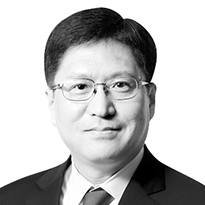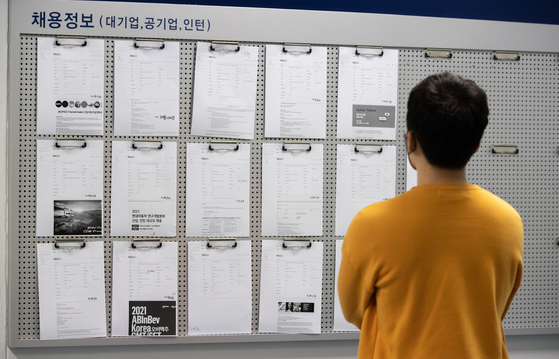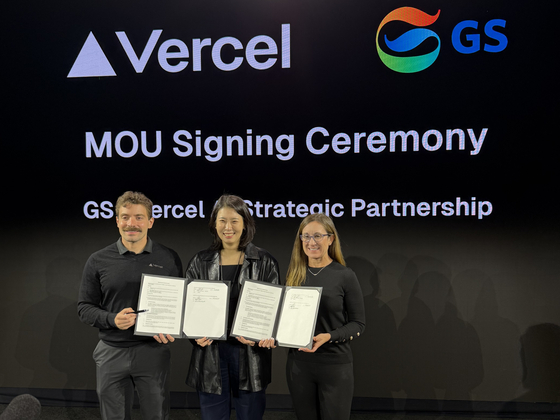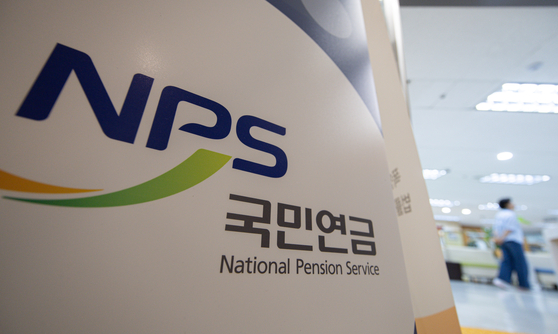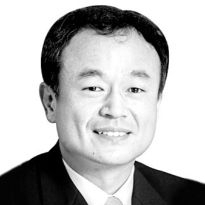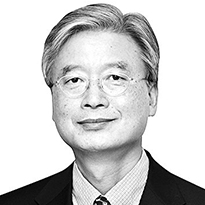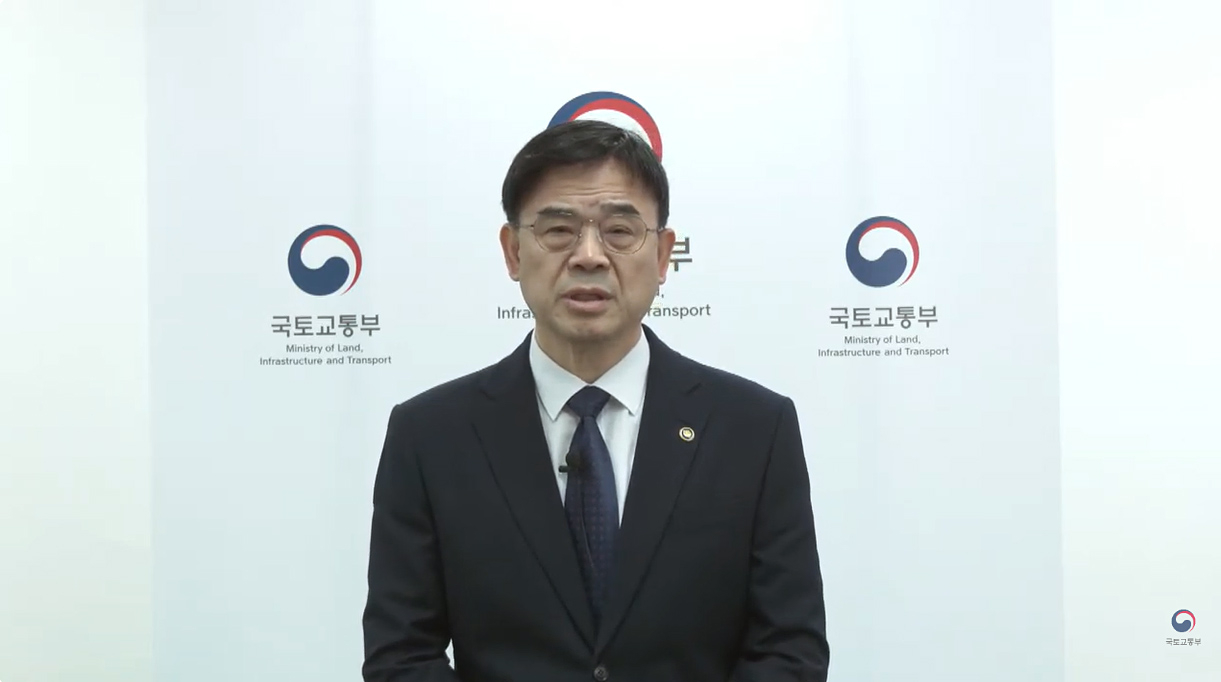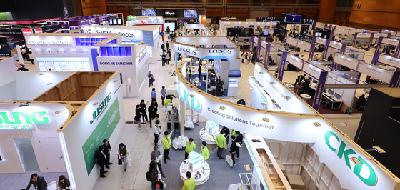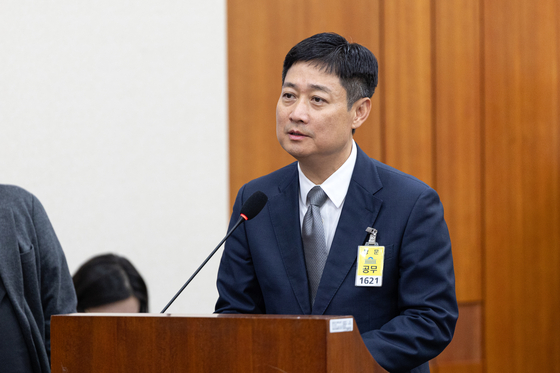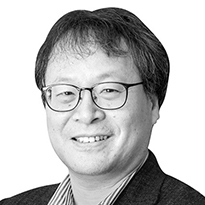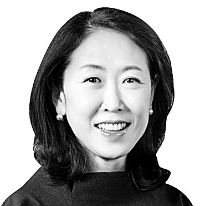'Extreme measure' land transaction permit system: How long will it remain in place?
Update: 2025-10-23
Description
Joo Jung-wan
The author is an editorial writer at the JoongAng Ilbo.
The government has taken what could be described as an extreme measure. Under its Oct. 15 real estate policy, the entire city of Seoul and 12 municipalities in southern Gyeonggi have been designated as land transaction permit zones. In these areas, anyone who wishes to buy or sell an apartment must first obtain approval from the local mayor or district head. Even if the buyer and seller agree on the terms, a transaction cannot proceed if the property is occupied by a tenant. In effect, the government is saying that homes under lease should neither be bought nor sold. It amounts to a full ban on "gap investments," the practice of buying a property with a tenant in place.
According to data from the Korea Real Estate Board, apartment prices in Seoul's Gangnam, Seocho and Songpa districts, as well as in Mapo and Seongdong, have risen by double digits over the past 10 months. By contrast, in northern districts such as Gangbuk, Dobong, Jungnang and Geumcheon, prices have barely moved. Despite these regional differences, all 25 Seoul districts are subject to the same restrictions. The government argues that the blanket measure is necessary to prevent the so-called balloon effect, where tighter rules in one area inflate prices elsewhere. Yet homeowners in stagnant neighborhoods see the policy as deeply unfair.
Had the government restricted the designation to districts where prices have surged the most, opposition might have been more muted. But applying it across nearly all residential zones has stirred strong resistance. Neither the Roh Moo-hyun administration nor the Moon Jae-in administration imposed restrictions on such a broad scale. It is not surprising that criticism, especially from opposition lawmakers, has intensified.
Originally, the land transaction permit system was never meant to control housing prices. As its name suggests, it was designed to curb land speculation in areas slated for large-scale development projects. The system dates back to the Park Chung Hee administration's Aug. 8 Real Estate Measures of 1978. Then-Economic Vice Minister Nam Deuk-woo and Budget Bureau Director Kang Kyung-sik led the initiative.
In his memoir "On the Gateways to Economic Development" (2009), Nam recalled that Kang's team had returned from Japan with policy materials on real estate regulation. "They brought back exactly the kind of antispeculation policy we had been seeking," he wrote, adding that he immediately ordered the preparation of legislation based on the Japanese model.
Nam later learned there had been another motive. According to former Planning and Budget Minister Byun Yang-gyun's memoir "Beyond Camps, Imagining the Future" (2023), the Park government, led by senior economic aide Lee He-il, had been quietly planning a "second land reform." Upon hearing this, Nam reportedly exclaimed that it could be disastrous and rushed to meet the president at his retreat on Jedo Island in Jinhae, South Gyeongsang. Traveling by navy vessel, he presented a comprehensive housing policy that included the permit system and obtained the president's approval.
Although the system was enacted, it was rarely used. Kang later wrote in his own memoir, "What the State Should Do, What It Should Not" (2010), that it was a "paper tiger." He explained that the system was created but never meant for actual enforcement, adding that when it was tried, "it proved cumbersome and ineffective in deterring speculation." He argued that the permit rule should serve as "a deterrent, not a weapon unsheathed."
It was Seoul Mayor Park Won-soon who first applied the permit system to general housing markets. In April 2020, he designated the Jamsil, Samseong, Daechi and Cheongdam neighborhoods - collectively known as Jamsam-Daecheong - permit zones, citing fears of speculative buying linked to nearby redevelopment. Earlier this year, Mayor Oh Se-hoon lifted those restrictions after five years, only ...
Comments
In Channel

